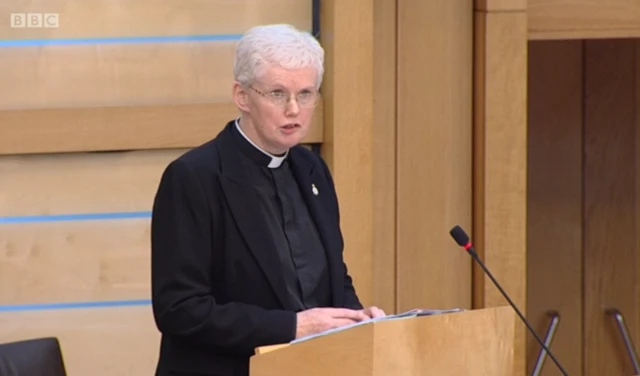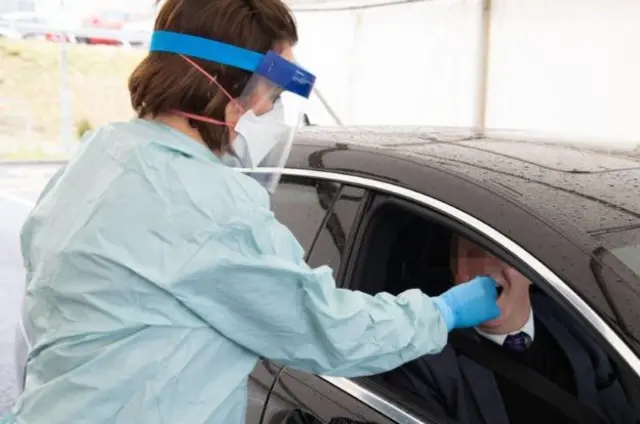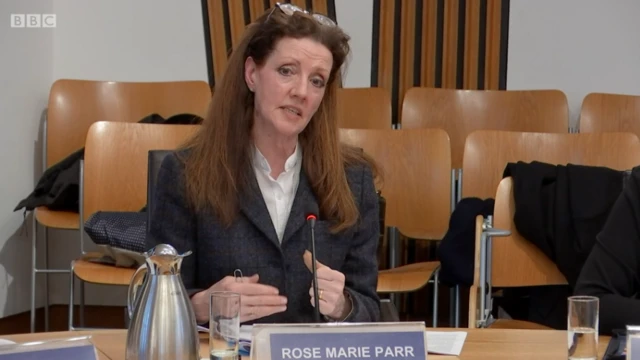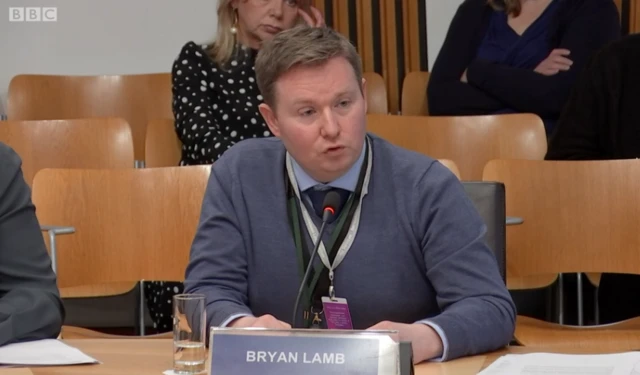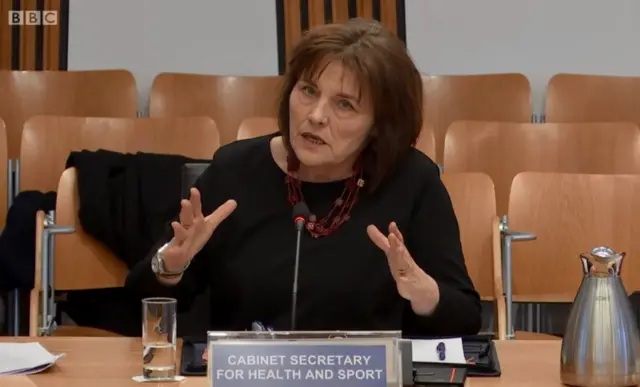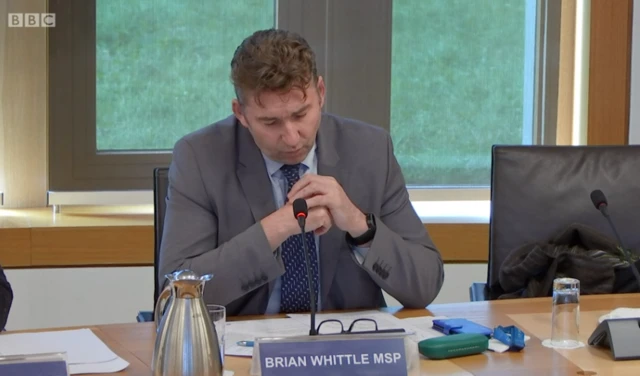Edinburgh Sick Kids' concernspublished at 14:04 GMT 10 March 2020
Tory MSP Miles Briggs asks about concerns raised by the former chair of NHS Lothian regarding the new Royal Hospital for Children and Young People.
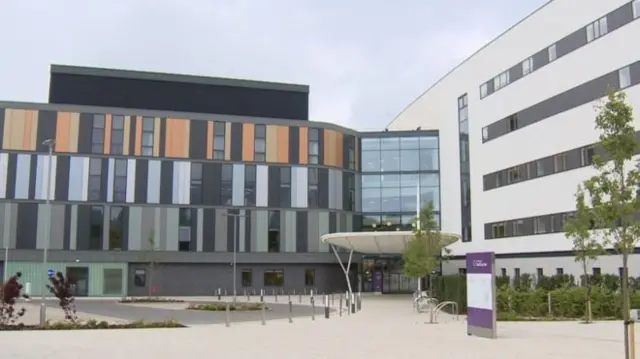
A former NHS board chairman has accused the health secretary of lying over circumstances surrounding a last-minute delay to a flagship hospital.
Brian Houston, who resigned from the post at NHS Lothian in January, criticised Jeane Freeman's handling of the delay in opening the new Royal Hospital for Sick Children and Young People in Edinburgh.
He also claimed Ms Freeman said she would fire him if he did not quit.
The Scottish Government said it rejects the allegations.

